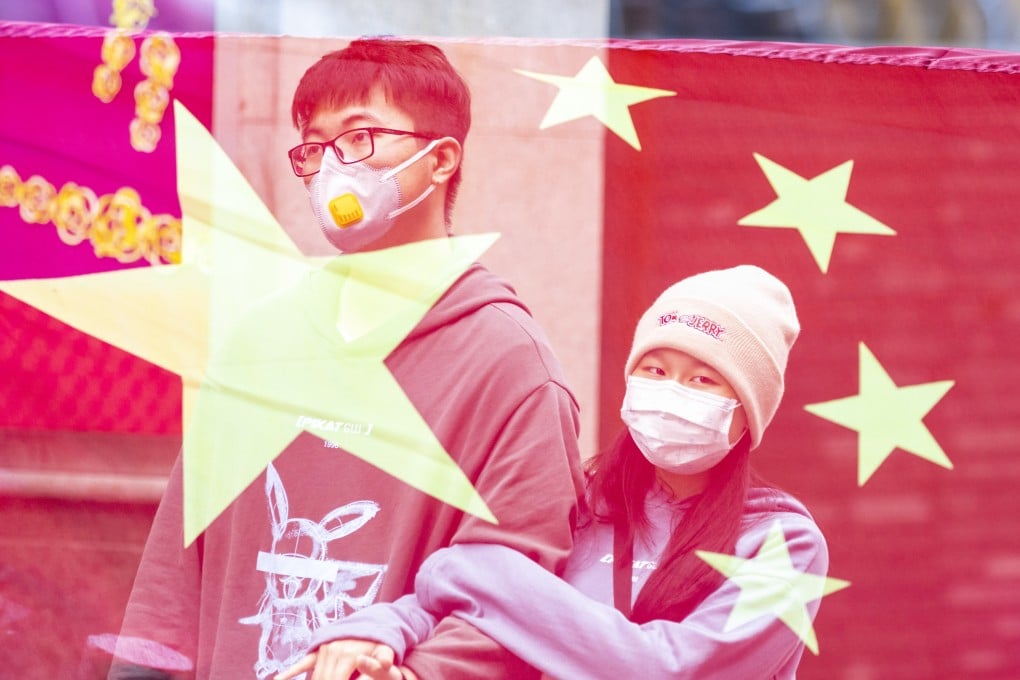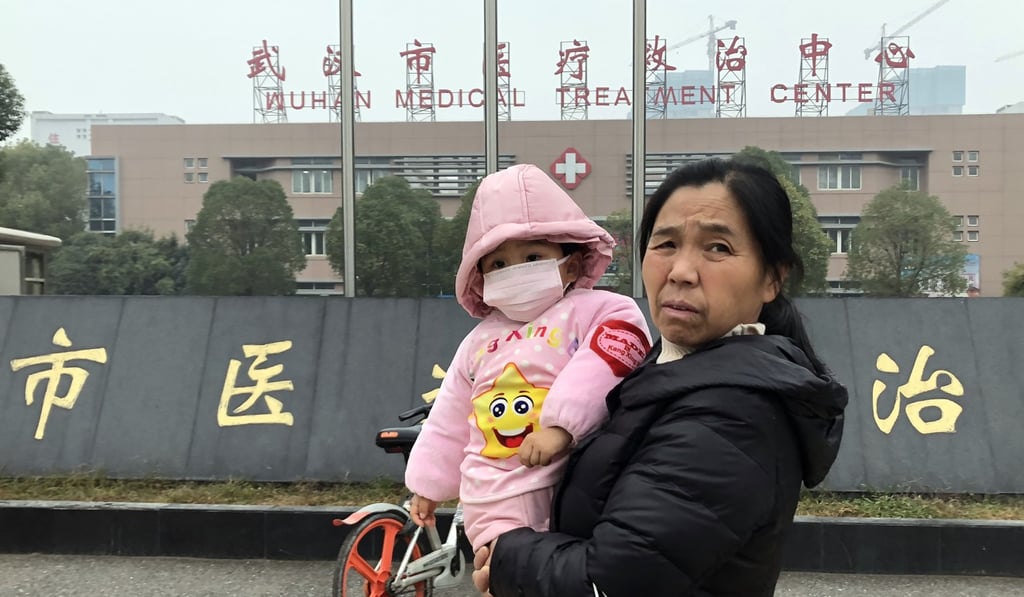Opinion | Coronavirus: China’s health and politics have always been linked
- China is a long way from being the disease free ‘socialist garden’ imagined in the Communist Party’s utopian plans
- If the Sars outbreak in 2003 was a wake-up call, the current coronavirus crisis should be an urgent warning

Since 1949, when the communists seized power and established a strong centralised people’s republic, health has continued to play an outsize role in the internal politics of the state. In complex ways, as my own research has examined, it has come to define China’s standing in the world.
The new outbreak of coronavirus has put these issues centre stage once again. With the city of Wuhan on lockdown, and China sending out an urgent request for help to source protective medical equipment, the need to control the virus spreading is seen as vital to China’s stability and national security – and the Communist Party’s political legitimacy.

Throughout Chinese history, epidemics, wars and natural disasters such as famine have signalled the downfall of dynasties, symbolising as they did the loss of the so-called Mandate of Heaven used to justify imperial rule. Beginning with the Yellow Turban Rebellion in the 2nd century, almost all major sectarian insurgencies in Chinese history have involved some form of faith healing. An outbreak of a mystery disease was also linked to the defeat of warlord Cao Cao’s army at the Battle of Red Cliffs in AD208-9. As a result, China was divided into three warring states entering the Three Kingdom Period (AD220-280), also known as the “Period of Disunity”, which is remembered as one of the bloodiest in Chinese history.